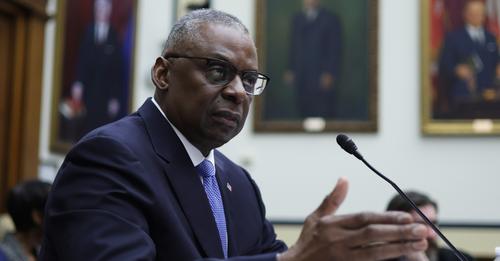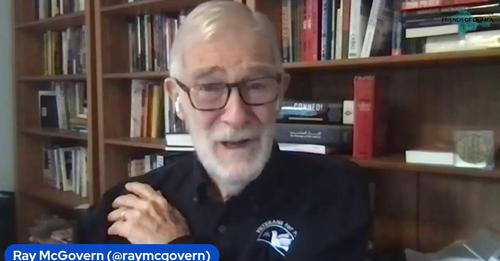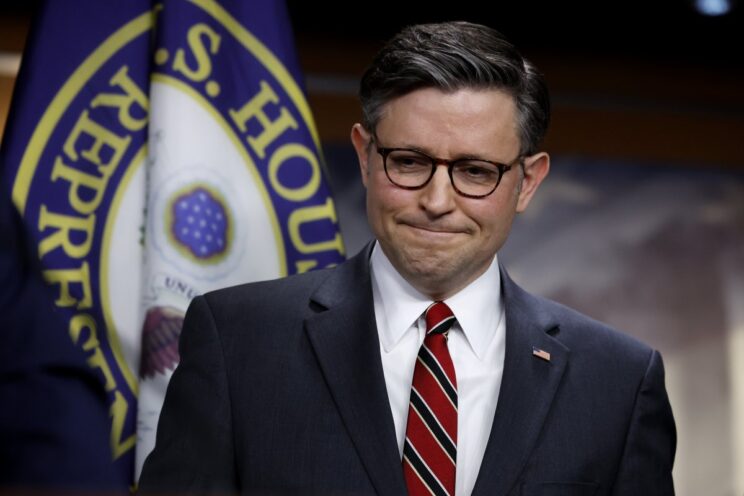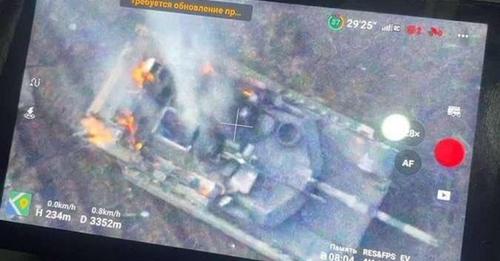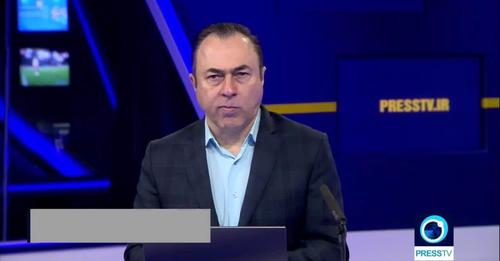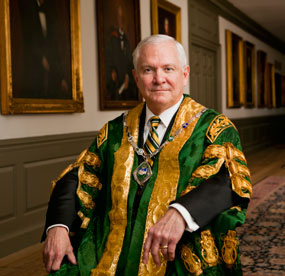SecDef: “If Ukraine falls, I really believe that NATO will be in a fight with Russia.” So Mike Johnson/GOP will be to blame. Newsweek dutifully adds, more arms could potentially avoid this. Otherwise, it’s war with Russia & mutual assured destruction. MAD.
https://www.newsweek.com/nato-will-drawn-war-russia-if-ukraine-loses-lloyd-austin-1874913

